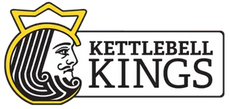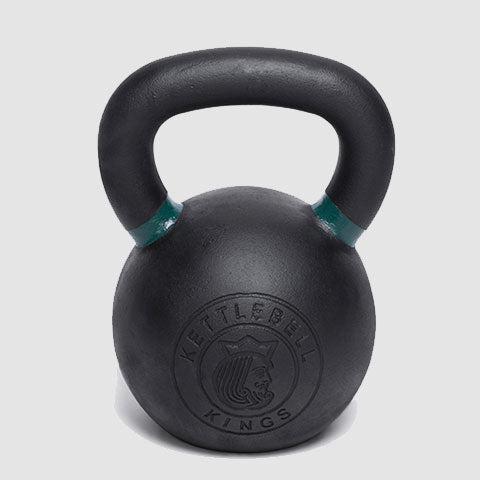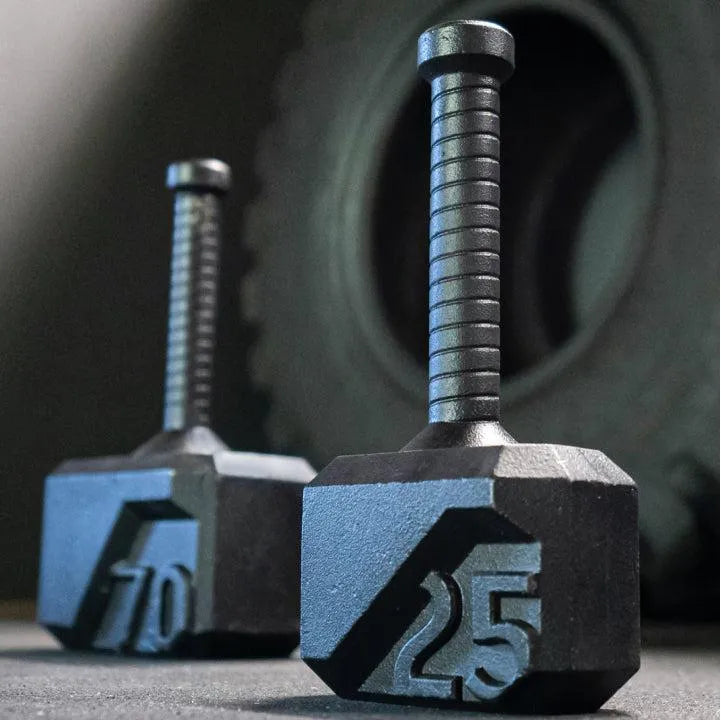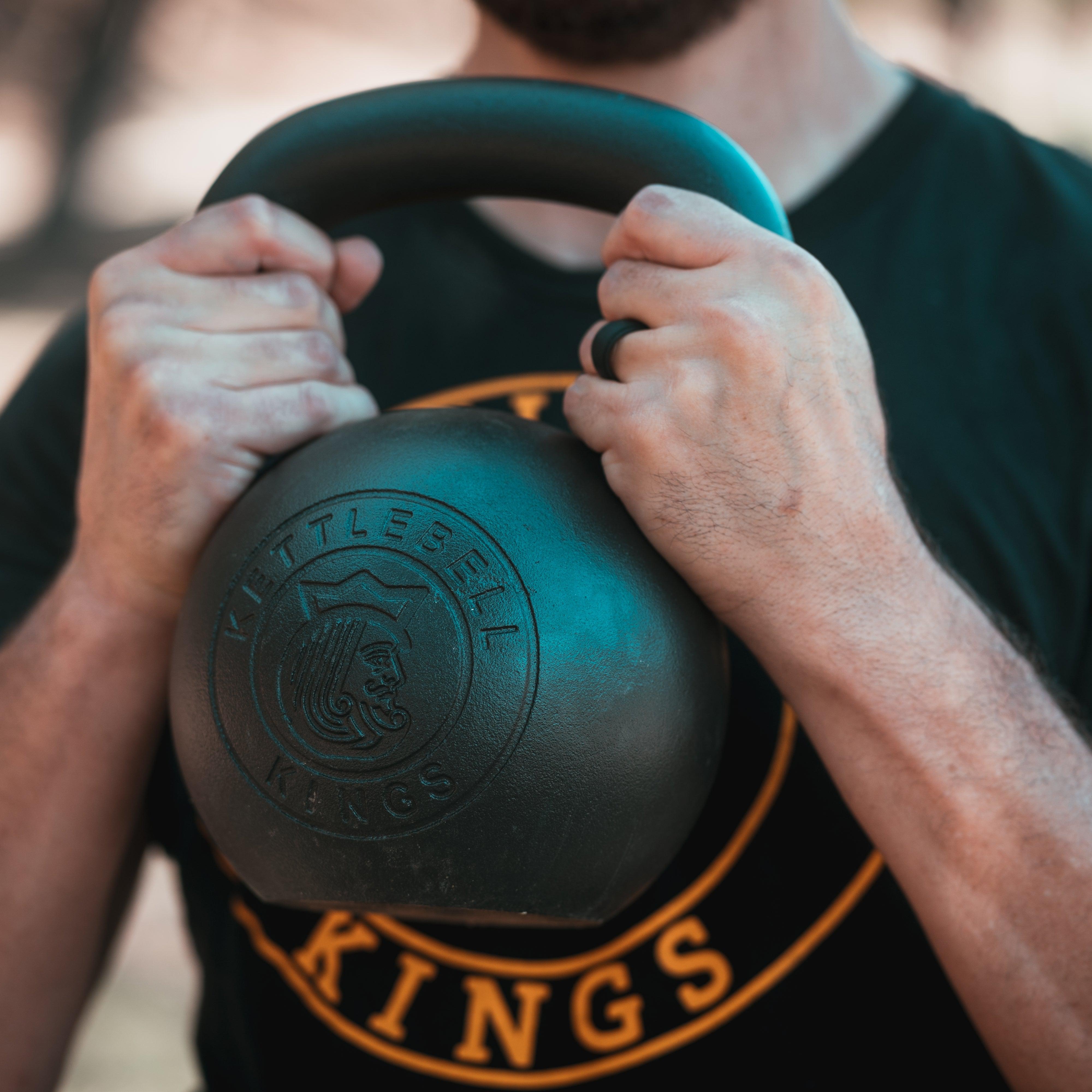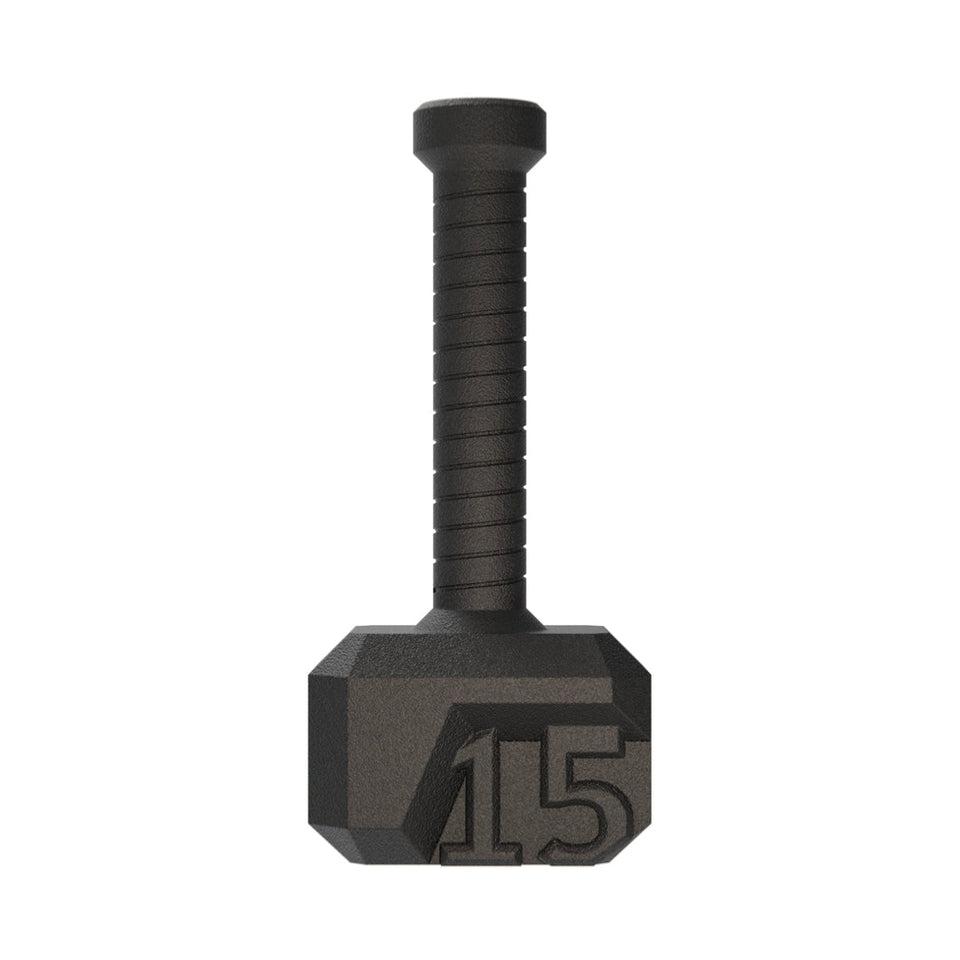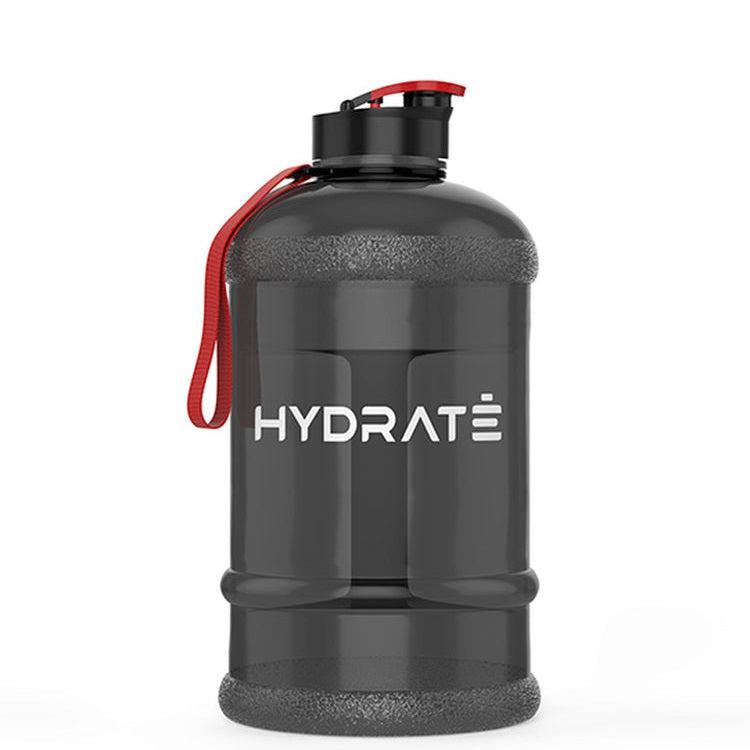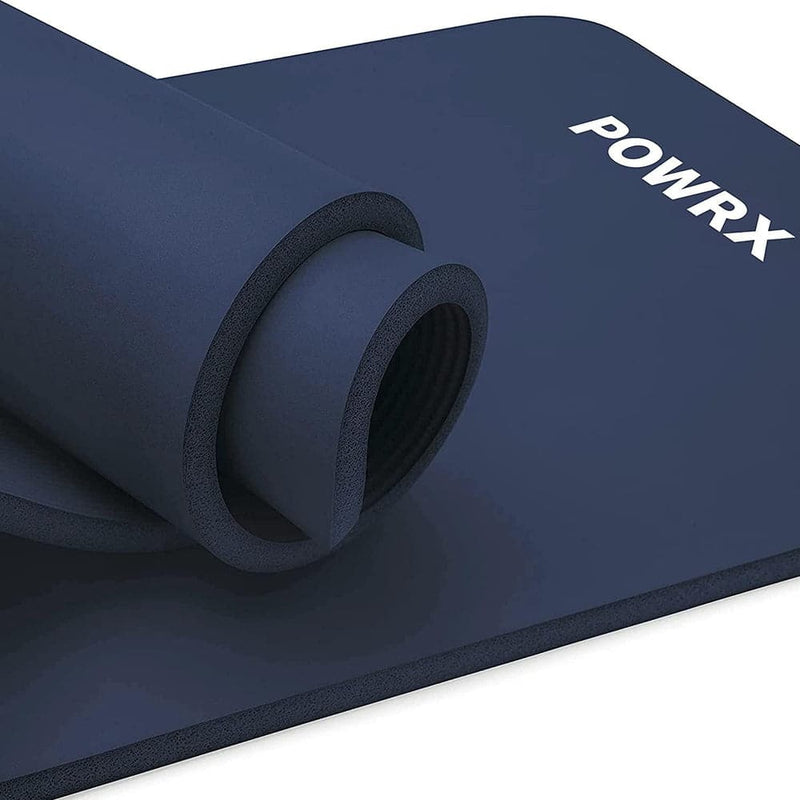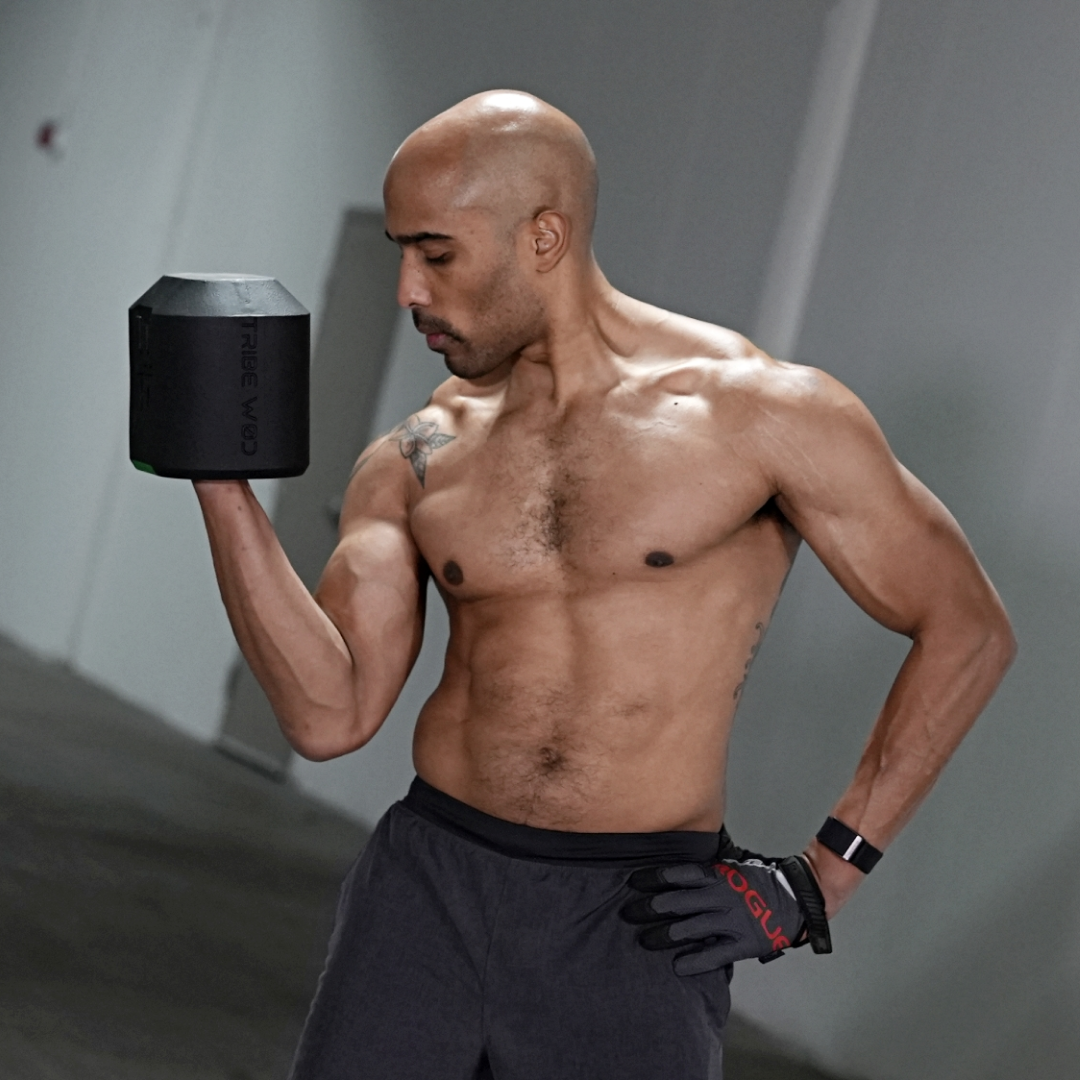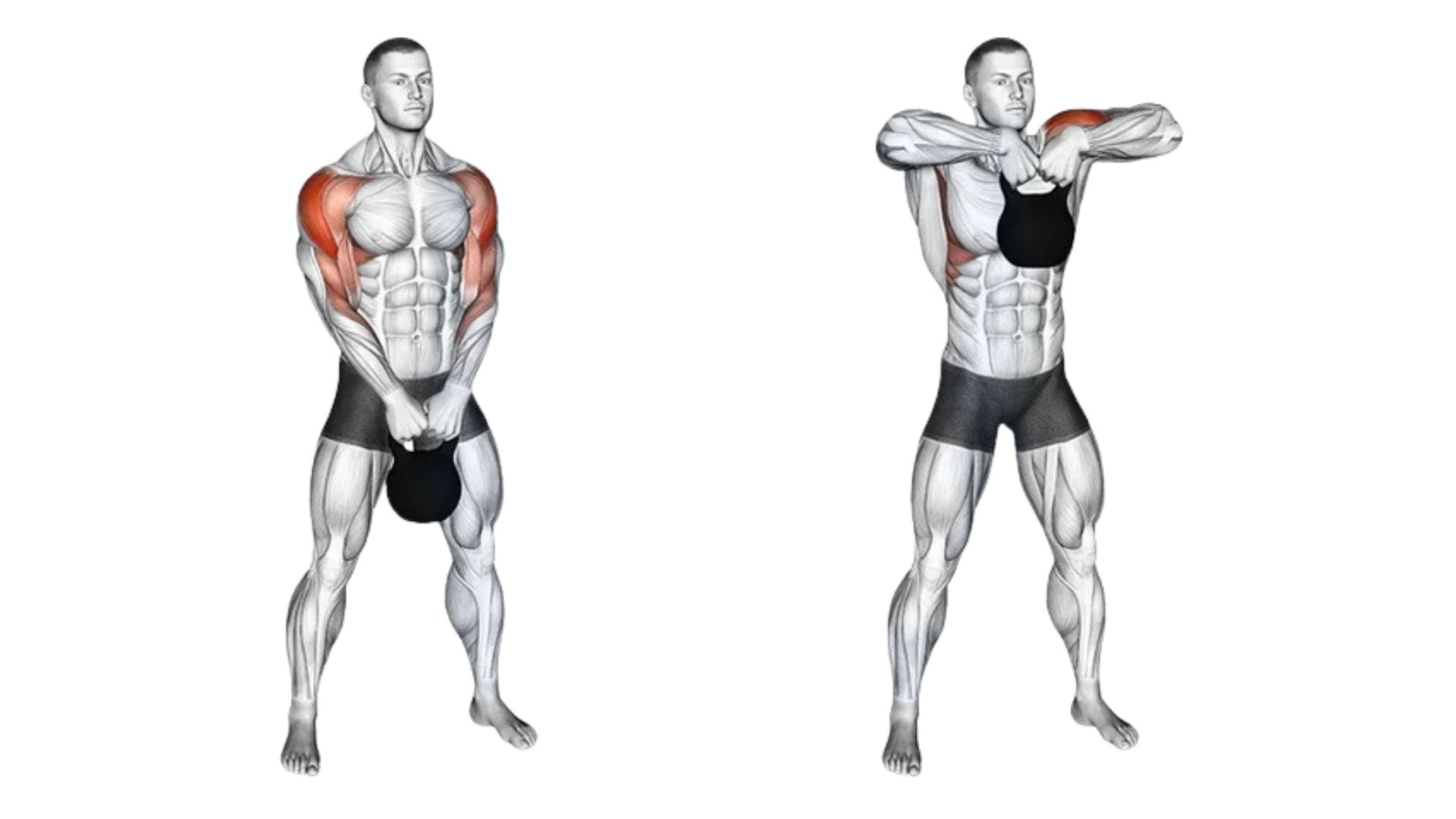As the New Year approaches, many of us reflect on our goals, dreams, and aspirations. Among the most common resolutions is the desire to get healthier, stronger, and fitter. The promise of a fresh start offers the perfect opportunity to re-evaluate our fitness habits and set meaningful goals. If you're reading this, you're likely considering or even ready to take on a fitness journey, but perhaps you’re unsure where to start or how to stay consistent.
As a fitness coach, I understand that beginning a fitness routine can be intimidating. You may feel overwhelmed by the endless options or be discouraged by past attempts that didn't stick. But here’s the good news: You have the power to make this year different. No matter your current fitness level or how many failed resolutions are behind you, this year can be the year you make lasting, positive changes. And it all begins with the decision to start.
Why Fitness Should Be Part of Your New Year’s Resolution
When we think of New Year’s resolutions, we often aim for major life improvements: new job opportunities, better time management, more travel, or financial security. But one of the most impactful resolutions you can make is to focus on your health and fitness. Why? Because fitness has far-reaching benefits that can positively impact every area of your life.
The Benefits of Fitness
Physical Health
Exercise is a cornerstone of good health. It can help prevent or manage a variety of health conditions, including heart disease, diabetes, and hypertension. Consistent physical activity also strengthens muscles, bones, and joints, allowing you to move better and feel stronger.
Mental Clarity and Emotional Well-being

Physical activity has been shown to reduce stress and anxiety, improve mood, and combat symptoms of depression. When you exercise, your body releases endorphins, the “feel-good” hormones, helping you feel more positive and energized.
Increased Energy Levels
Regular exercise boosts your cardiovascular health, allowing for better circulation and oxygen flow throughout your body. This translates to increased energy and stamina in your day-to-day life, making you more productive.
Better Sleep and Recovery

Physical activity promotes better quality sleep, helping your body recover faster and boosting your overall health.
The Power of a Fresh Start
The start of a new year is a natural time for a fresh start. It’s a time when people feel motivated to set new goals, embrace change, and break free from past habits. Fitness is an excellent resolution because it empowers you to take control of your life and your well-being. When you dedicate time to exercise, you’re prioritizing yourself—physically, mentally, and emotionally.
Overcoming Common Fitness Obstacles
Many people hesitate to start their fitness journey because they feel intimidated or unsure of how to begin. Let’s address some of the most common obstacles and how you can overcome them.
Time Constraints

One of the biggest excuses people use for not working out is a lack of time. Life is busy, and it often feels like there’s not enough time to fit fitness into your schedule. However, the truth is that even short bursts of exercise can yield great results. Start by dedicating just 20 to 30 minutes per day to physical activity. If you’re crunched for time, home workouts can be just as effective as those at the gym.
Tip: If you struggle to find time, schedule your workouts like appointments in your calendar. This will ensure that fitness becomes a non-negotiable part of your day.
Motivation Struggles
Motivation can fluctuate, especially in the early stages of your fitness journey. There will be days when you feel fired up and ready to go, but there will also be days when you feel like skipping your workout. One of the most important things to understand is that motivation isn’t always going to be there, but discipline will keep you going.
Tip: When you don’t feel motivated, focus on the benefits you’re working toward. Think about how good you’ll feel after completing a workout. Another trick is to remind yourself that consistency is key, and even on days you don’t feel like it, doing something small is better than doing nothing at all.
Fear of Starting
Many people hold themselves back from starting because they feel they’re not “fit enough” to begin or they feel self-conscious at the gym. It’s important to understand that everyone starts somewhere—there’s no such thing as a “perfect” time to begin, and your fitness journey is uniquely yours. The goal isn’t to compare yourself to others; it’s about progress.
Tip: Start where you are. You don’t need to be an expert right away. Choose beginner-friendly exercises, start with bodyweight movements, and gradually increase intensity as your strength and confidence grow.
Setting Realistic and Achievable Fitness Goals
One of the most powerful ways to ensure success is by setting clear, realistic, and achievable goals. This can help you stay focused, track progress, and maintain motivation.
SMART Goals
When setting fitness goals, use the SMART goal framework:
- Specific: Define your goal clearly (e.g., "I want to run a 5k" or "I want to lose 10 pounds").
- Measurable: Identify how you will track your progress (e.g., measuring distance, weight, or body fat percentage).
- Achievable: Make sure your goal is attainable based on your current level of fitness.
- Relevant: Align your goal with your long-term health and fitness aspirations.
- Time-bound: Set a deadline for achieving your goal (e.g., in six months or by the end of the year).
Small Milestones
Break your larger goals into smaller, achievable milestones. If your goal is to lose weight, focus on the smaller wins, like committing to three workouts a week or improving your nutrition by incorporating more fruits and vegetables. By celebrating small victories along the way, you’ll maintain motivation and feel a sense of accomplishment.
How to Start Your Fitness Journey
Starting your fitness journey can seem overwhelming, but the key is to keep things simple and gradual.
Start Simple
If you’re new to exercise, don’t jump into an intense workout routine right away. Begin with basic exercises that don’t require equipment—bodyweight squats, lunges, push-ups, and walking are great ways to get started. These exercises build a strong foundation for more advanced movements later on.
Choose Activities You Enjoy
It’s much easier to stick to a workout routine if you enjoy what you’re doing. Experiment with different types of exercise to find what you like. Whether it's dancing, yoga, swimming, strength training, or outdoor activities, the best exercise is the one you look forward to doing.
Create a Schedule
Consistency is key. Create a weekly workout plan that includes a mix of cardio, strength training, and flexibility exercises. Aim for at least 3-5 workouts per week, depending on your fitness goals. Don’t forget to schedule recovery days to allow your muscles to repair and rebuild.
Building Consistency and Staying Motivated
Fitness is all about consistency. The more consistent you are, the more likely you are to see results and maintain them in the long run.
The Power of Habits
Turning fitness into a habit is one of the most effective ways to stay on track. Start by committing to a small, achievable routine (like a 10-minute daily workout). Over time, as this becomes a habit, you’ll find it easier to increase your workout duration and intensity.
Celebrate Small Wins
Every milestone, no matter how small, is worth celebrating. Whether you’ve added an extra rep to your set or run a longer distance, give yourself credit. These small victories will build momentum and keep you motivated.
Accountability
Accountability can make a huge difference in staying committed to your fitness journey. Whether it’s working with a coach, joining a fitness class, or having a workout buddy, having someone to support you can keep you motivated.
As a fitness coach, I am here to help you stay accountable. I offer personalized coaching and workout plans to ensure you’re on the right track.
Nutrition and Recovery: Essential Components of Your Fitness Journey

Fitness isn’t just about exercise—it’s also about how you fuel and recover your body. Nutrition and recovery are key components that should not be overlooked.
Fuel Your Body
Nutrition is crucial for supporting your fitness goals. Eating a balanced diet that includes lean proteins, healthy fats, and plenty of fruits and vegetables will provide the energy and nutrients you need to perform well and recover effectively.
Tip: Stay hydrated throughout the day, especially before, during, and after workouts. Proper hydration helps regulate body temperature and aids in muscle recovery.
Rest and Recovery
Don’t underestimate the importance of recovery. Your body needs time to heal and rebuild after exercise. Make sure to incorporate rest days into your routine, get enough sleep, and consider activities like stretching, yoga, or foam rolling to enhance flexibility and muscle recovery.
Overcoming Setbacks and Staying on Track
There will be times when things don’t go as planned. You may miss a workout or not see progress as quickly as you expected. It’s important to stay resilient and push through these setbacks.
Realistic Expectations
Fitness progress takes time, and it’s essential to manage your expectations. Don’t expect overnight results. Focus on consistency, and the results will come.
How to Get Back on Track
When you face setbacks, remind yourself why you started. Reset your goals, and don’t be afraid to seek support. If you miss a few workouts, don’t give up. Get back on track and continue making progress.
Conclusion
The most important thing is that you start. Fitness isn’t about perfection; it’s about the journey. Take that first step, commit to yourself, and build momentum. Every small effort adds up over time. Fitness is a continuous process of growth, not just physically, but mentally and emotionally too. As you progress, you’ll become stronger, more confident, and resilient.
This year, invest in your health and well-being. Prioritize yourself, and you’ll see benefits beyond physical changes—more energy, better sleep, reduced stress, and greater happiness. Start small, stay consistent, and celebrate every achievement. Whether it’s finishing your first workout week or hitting a new personal best, every victory matters.
The journey won’t be perfect, and there will be challenges along the way. But with resilience and persistence, you’ll overcome them. Fitness is about growth, and every step you take brings you closer to a healthier, stronger, and more confident version of yourself.
Let this New Year be the start of your transformation. I’m here to support you every step of the way—let’s get started! Your future self will thank you for the effort you put in today.
